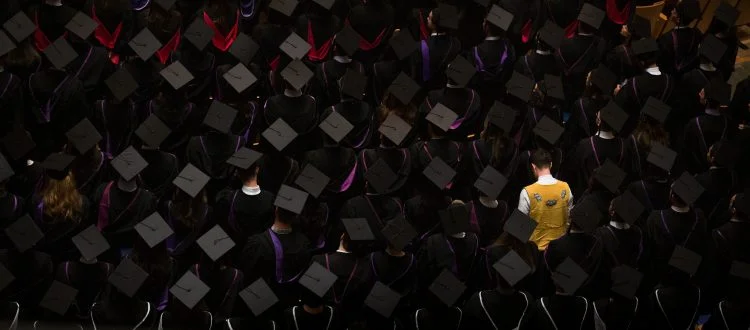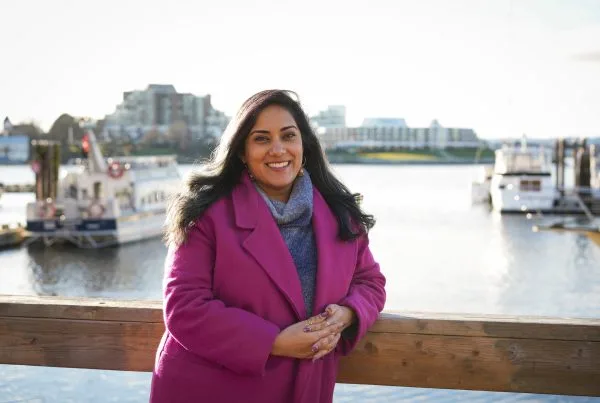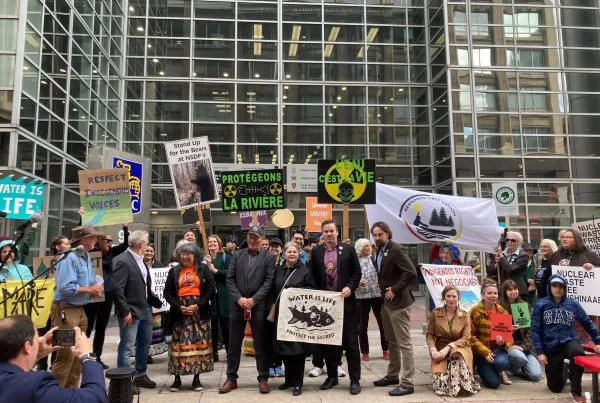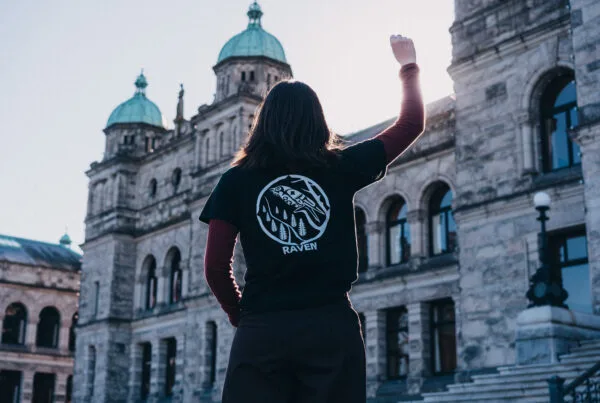We are thrilled to announce the winners of the 2020 Harmony Environmental Essay Prize for Young Scholars. Please meet our winners and read their carefully researched papers:
Through key informant interviews, this paper explores the work of environmental planners in Toronto to enact their responsibilities to The Dish with One Spoon. In doing so, it offers some guiding principles on how environmental planning processes could better address environmental issues and engage with Indigenous people. The necessary change can be through implementing the principles embedded within The Dish with One Spoon, such as peace, equity and sustainability.
Da Chen completed his MSc. in Planning at the University of Toronto with a focus on Indigenous and environmental planning. He also holds a B.A.(Hons.) in City Studies and Political Science. He currently resides on the traditional territory of many nations, including the Mississaugas of the Credit, the Anishnabeg, the Chippewa, the Haudenosaunee and the Wendat peoples. Da works for Parks Canada on its Indigenous Relations team based out of Rouge National Urban Park in Toronto. He believes that we all have a legal obligation and responsibility to live according to the principles of treaties because they reflect Indigenous laws and worldviews. As people living on this land, it is important to think about our roles as treaty people and ensure that our work and life are reflective of these values.
Runner Up – Oluwatosin Fatoyinbo
“Indigenous Legal Systems and the Struggle for Recognition – Wet’suwet’en Hereditary Chiefs’ Resistance and Coastal Gas Link Pipeline Ltd v. Hudson”
The paper analyses the struggles between the two legal systems, and the subjugation of Indigenous legal systems when it threatens the non-indigenous legal system, that is Canadian laws. To do this, the paper reviews the ongoing battle between the hereditary chiefs of the Wet’suwet’en First Nation and Coastal Gaslink in British Columbia. It particularly reviews the tension between elected band council and the hereditary chiefs, and how corporations like Coastal Gaslink exploits the elected band councils to further the agenda of the non-Indigenous legal system.
Oluwatosin (Tosin) is a Master of Human Rights student at the University of Manitoba. He completed his LL.B at the University of Ibadan and was called as a Barrister and Solicitor of the Supreme Court of Nigeria in 2014. He holds a MA in Public Policy with concentration in conflict studies and management at the Willy Brandt of Public Policy, University of Erfurt, Germany. He is interested in research on rights of Indigenous Peoples, social justice, social repair and reconciliation, and post-conflict memory. Watching the protests and blockades in Northern BC and discussing the issues in class got me interested in researching Canada’s indifference to ‘non-threatening’ Indigenous laws and aggression towards Indigenous laws it considers ‘threatening’. The most important takeaway from the research is the fact that Indigenous legal systems like other legal systems are capable of evolving and should be respected.
Photo by Robin Munshaw






